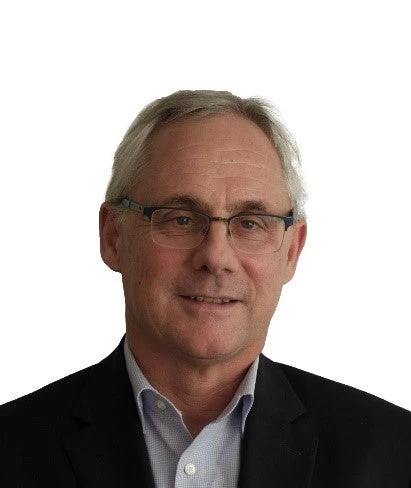
The wealthy can borrow money to finance their investment needs because bankers trust them. Those who are less well off, and who need loans the most, do not have this access and must call upon the solidarity of their family and community to finance their investments. The same logic can be used at the country level. High income countries borrow, while many poor African countries have a limited access to international capital markets. In recent years, only one fourth of sub-Saharan African countries were able to issue international bonds—and do not have any other alternative but to solicit international aid.
While foreign direct investment inflow which accounts for approximately 3% of Africa’s gross domestic product (GDP), is not negligible, most of it is directed toward extractive industries where up to 80 to 90% of those money transfers are used to purchase imported equipment, escaping national economies. Given this context, how can a country like Côte d’Ivoire find a solution to this seemingly dead end problem?
The success of emerging countries can be a source of inspiration. If international aid has provided the necessary impulse, these countries have above all mobilized their own resources to finance their development. This is perhaps one of the definitions of emergence.
For Côte d'Ivoire, such an approach would mean increasing domestic savings to a level sufficient to finance its investment needs in the coming years. Yet the current savings level at around 20% of GDP, is already in line with the country’s rate of development. It is higher than the average for countries with similar income per capita however it remains far from the savings rates reported in emerging East Asian countries, where it is generally superior to 30% of GDP.
Thus, the main challenge for Côte d'Ivoire lies elsewhere, and is twofold. First, the State has not been able to generate enough public savings. Tax revenue is around 16% of GDP, which is significantly lower than the West African Economic and Monetary Union (UEMOA) expectations of 20%. The tax system is quite weak, especially given that authorities are collecting only 25% of the value-added tax (VAT) potential on domestic transactions. In contrast, an emerging country like Mauritius collects close to 75% of its VAT base. Other middle income countries such as Morocco and South Africa are collecting close to 25% of their GDP in tax revenue.
The second challenge concerns private savings. The issue is not so much to boost the level of savings but to improve its allocation. Today, only 15% of savings in Côte d’Ivoire are allocated to financial institutions, which is twice as low as the average in Africa. This low allocation does not feed the financial system which in turn cannot generate credits using the multiplier effect. As a consequence, the credit level in Côte d’Ivoire is only 30% of GDP, compared to 100% of GDP in Morocco, South Africa, and Mauritius. This level is even proportionally lower than in Togo, Ghana, and Senegal.
Let’s imagine that Côte d’Ivoire can boost its level of public savings and the allocation of its private saving to the local financial system. Let’s further imagine that tax revenues and domestic credit reach up to 20% and 80% of GDP respectively. At the current exchange rate and using the country’s GDP at end 2015, this would mean that financing resources would be equivalent to about $40 billion or an increase of $21 billion compared to the sums declared in 2015.
These additional domestic resources would complement the commitments of about $25 billion made by donors and private investors during the last Consultative Group meeting in Paris. The combination of domestic and external resources should be sufficient to finance the investment needs identified by Côte d’Ivoire’s National Development Plan over the period 2016-20, paving its way toward emergence.
The remaining challenge would then be to find ways to increase the efficiency of both public and private savings. While there are many ways to go about this, what is for sure is that the approach will have to be anchored in a social contract through which all stakeholders mutually trust each other and which possesses clear and transparent rules that seek to optimize the national welfare and not the vested interests of a few specific groups. Taxpayers will have to trust authorities to use their money wisely, savers will need to rely on their banks or financial institutions, and bankers will have to place their faith in borrowers to reimburse their loans.
Learn more in the latest World Bank Economic Update on Côte d’Ivoire.


Join the Conversation